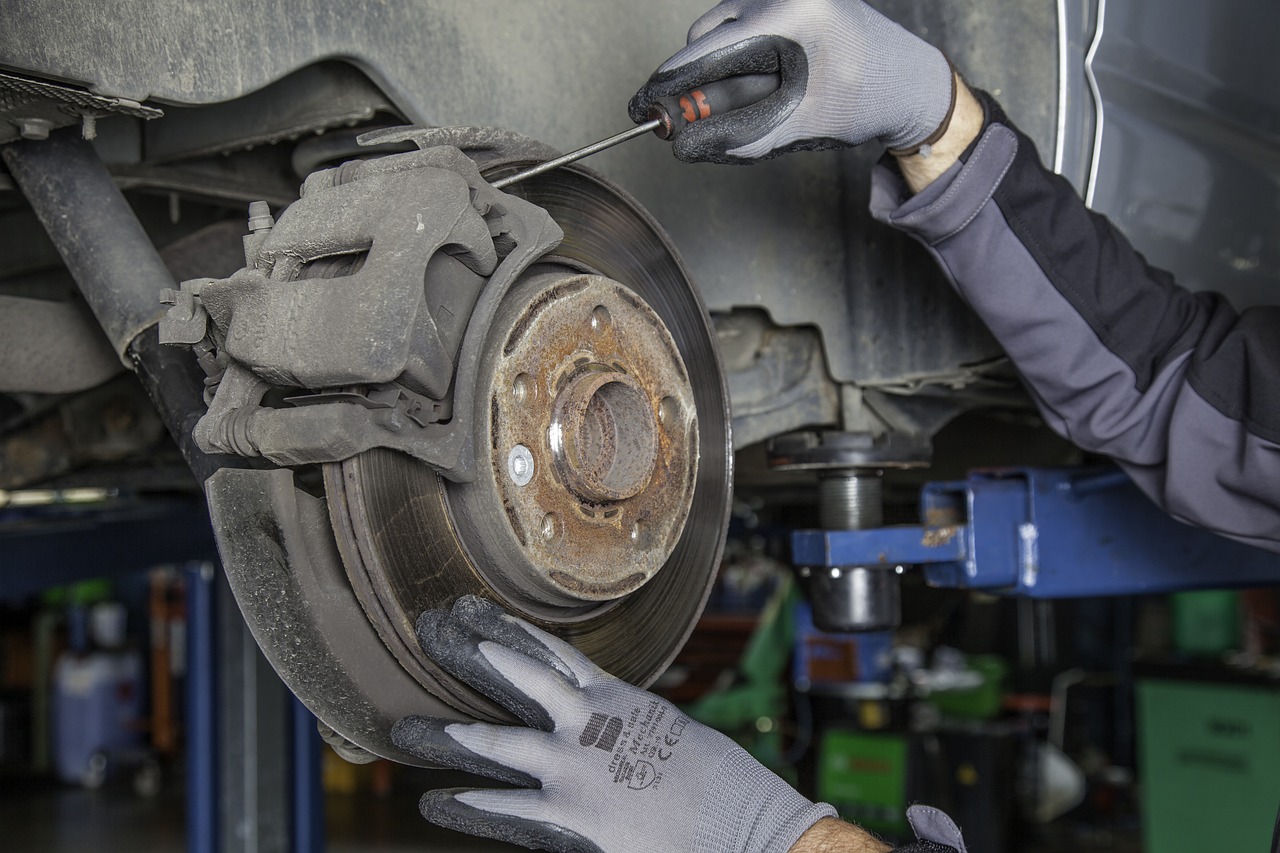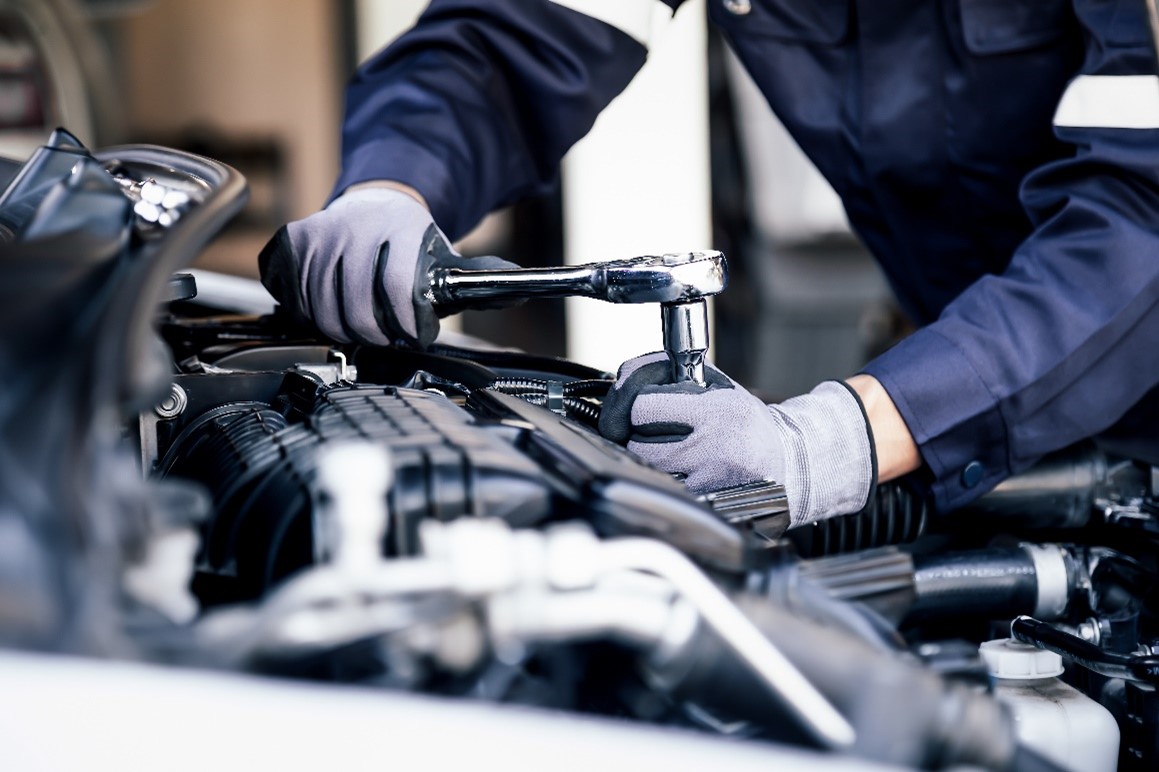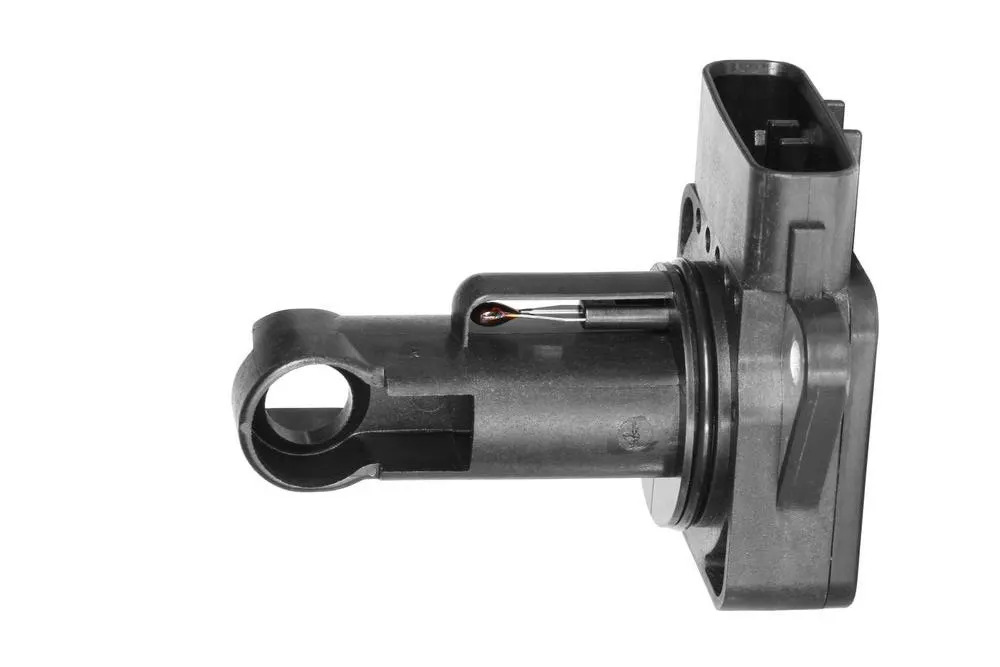Posted on 10/9/2024

Some Ways To Know If Your Vehicle Needs Brake Service Everyone should understand the basics of automotive braking systems and if your brakes need service. Understanding this can be crucial for you and your families safety. This article will hopefully help to walk you through some indicators that it is time for some brake service or repairs. Some of the most basic indicators would be squealing, squeaking or grinding and pulling. At the first sign of your brakes making abnormal and unusual noises, or If you hear some squealing when you use the brakes, its a good indicator that the brake pads are worn out. The squealing noise is from, ironically enough, "the squealers", as we call them, or the wear indicators on the brake pads. Another indicator is a grinding noise. This usually indicates that the pads have been worn beyond use and will need replacement right away along with the brake rotors. The calipers, which hold the brake pads may also need re ... read more
Posted on 9/23/2024

Reasons Why Your Vehicle Lacks Smooth Acceleration Or Feels Like Its Bucking Have you been noticing that your vehicle does not have smooth acceleration? Don't ignore this. A jerking or bucking vehicle is often an early warning sign of impending problems. At One Stop Automotive we can help get to the bottom of what’s going on with your vehicle. There are some common reasons that come into play. * Dirty or Clogged Fuel Injectors Most gasoline will eventually cause dirty or clogged injectors and carbon buildup. This can reduce the injector functions, which in turn will in turn cause poor and uneven acceleration which leads to the bucking feeling. * A Dirty Air Filter A vehicle air filter obviously becomes clogged/dirty during use. This is when the car cannot breath very well and the engine begins to struggle. The engine may start to buck while it is struggles. We recommend changing the air filter once a year ... read more
Posted on 8/8/2024

At One Stop Automotive we can help you get to the bottom of things and can get the mass airflow sensor working the way it is supposed to work. What is a Mass Airflow Sensor? The mass airflow sensor is located near the air filter and is an important part of the fuel injection system. It is designed to measure the volume of air flowing into the engine intake. This is very important because it regulates the air/fuel ratio mix for the engine. Signs of Failing Mass Airflow Sensor (MAF) 1. Check Engine Light (CEL/MIL): The check engine light is the first indicator of component failures. The warning light on the dashboard will illuminate to alert you of vehicle system issues. In this case you would usually get a code for a failing MAF. The issue may be caused by the sensor itself failing, bad wiring due to rodent damage or a few other things. When you have a Check Engine Light It is important to take the vehicle to One Stop Automotive for a diagnosis so this issue can be resol ... read more
Posted on 7/15/2024

Summer a can be a joyful time in Arizona, filled with the smell of mesquite trees, cactus flowers and Torrential rains. But it’s also a season of sweltering heat. The high temperatures in Arizona can push your car’s air conditioning to its absolute limits as you drive to your favorite restaurant or a friends home. Broken air conditioning can ruin your fun, leave you sweating, grumpy and even in the "dog house" with your spouse who has been telling you for months to get the AC system checked. Thankfully, you can still take steps to keep your air conditioning running and the good times and relationships going. Regular AC Maintenance: Air conditioning systems need regular maintenance to operate at peak performance like any other car component. It’s never too late for One Stop Automotive to perform an ac system check. Hopefully catching potential problems early and preventing expensive repairs and terrible hot road trips. Servicing Your HVAC System: Unlike regu ... read more
Posted on 7/1/2024

Vehicle manufacturers have maintenance schedules that should be followed at the very minimum. Having worked at a dealership in the past and still having many contacts in the automotive industry, we would recommend more maintenance. I have been told that the manufacturers established these maintenance schedules to show a lower maintenance cost over the life of the vehicle rather than for increasing the life of the vehicle. During the sales pitch, the dealership will show you that you can go 100k before certain services are due. This is not entirely accurate. Modern vehicles run much hotter than older vehicles and should actually be serviced more often. Some dealers claim you can go a full year without changing engine oil. It's your vehicle and you can do as you choose, engine oil should be changed at a minimum of twice a year or at most, 6000k. Modern vehicles have computers that monitor oil life, and many are set to alert you to change the oil at 7500 miles. We frequently see vehi ... read more